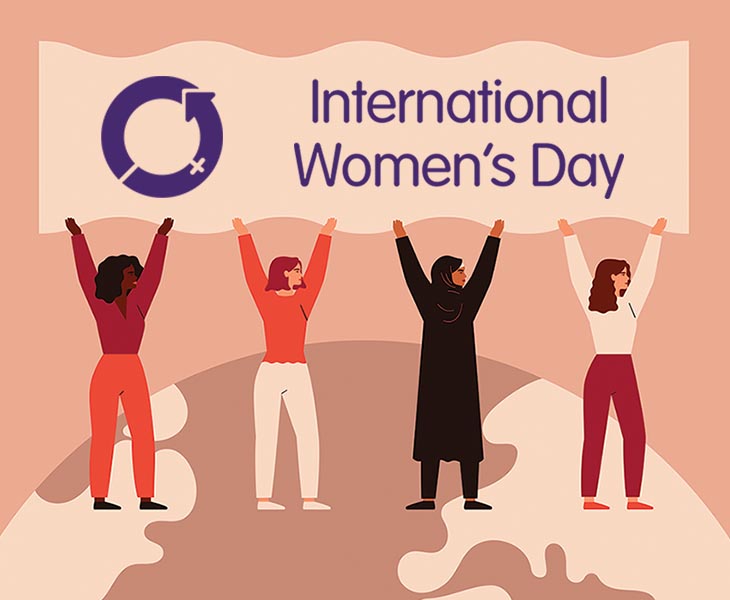What’s at stake for women, peace and security agenda?

On March 8, during the commemoration of International Women’s Day, the President launched the third National Plan (NAP) on the United Nations Security Council Resolution 1325 on women peace and security (WPS) which was developed under the leadership of Ministry of Gender, Labour and Social Development.
I want to reflect on that plan and the path to its successful implementation as envisioned by the different stakeholders.
The three NAPs (I, II and now III) are a demonstration of Uganda’s commitment by ensuring lasting and inclusive peace through supporting women’s meaningful participation and leadership in conflict prevention, resolution and peace building processes at all levels. The biggest question for many however is, how far will this go (in practice)?
With the multifaceted nature of the WPS related issues such as refugee influx, conflict over natural resources, climate change and environmental stressors, transitional justice, politics and election related conflicts, etc; what is the challenge ahead for the implementation of NAP III?
NAP III has four priority outcomes: All forms of violence prevented and conflicts resolved; Good governance enhanced at all levels; National and human made disasters prevented and mitigated; and System and structures for the implementation and coordination of NAP III strengthened.
Tied to those priority outcomes areas are a number of key strategic interventions just to mention a few among others:
Build capacity of women to engage in meaningful prevention of violence and conflict resolution coupled with enforcing the existing policies and legal frameworks. Popularise policies and laws supporting women’s participation in leadership and decision making.
Promote and support women’s access to climate change related information and information on environmental conservation technologies. Dissemination and popularisation of United Nations Security Council Resolution and the NAP III.
Who will be responsible for the failures of this initiative, partnership or opportunities?
Shall we be our own enemies?
Therefore, the successful implementation of the WPS agenda for Uganda through NAP III will highly depend on a strong and committed partnerships by all the stakeholders, localisation of the NAP III on WPS, well developed operational plans, local governments and CSOs aligned to the NAP III, and the proactive role of the coordinating structures.
These complimented with proper monitoring and evaluation, and reporting will answer the question, can we fail to implement NAP III?
Joel Innocent Odokonyero,
[email protected]




